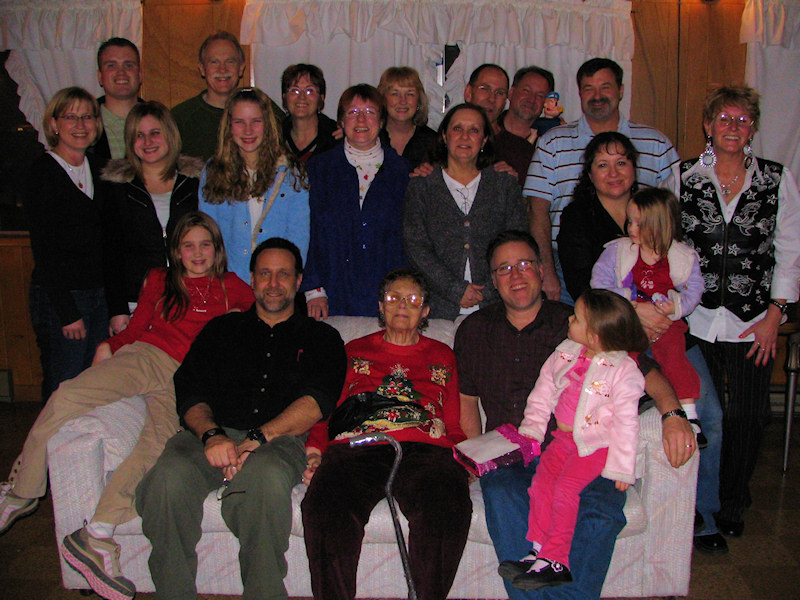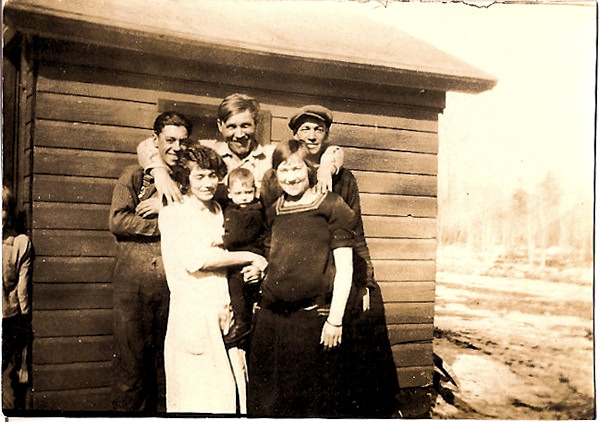In a BBC article, “Family trees: Tracing the world’s ancestor,” it talks about the process of building your family tree, and the problems associated with it.
The surprise comes if we look at inheritance from both parents. Here, the numbers change drastically as the generations go by. For instance, we have two parents, four grandparents, eight great-grandparents, and so on.
Each generation back, we multiply the number by two. This leads to what is called an exponential increase: 2, 4, 8, 16, 32, 64, 128, 256, 512, 1024 and so on.
It’s not long before we hit huge numbers. Take the specific case of Jesus and King David.
The number of generations between them is at least 35. Luke lists 42 generations down the male line, and Matthew gives an incomplete list of 27.
These numbers agree reasonably well with an average time between generations of 25 or 30 years – an estimate taken from documented historical records from Iceland and Canada.
So back in the time of David, Jesus would have had at least 2 x 2 x 2 x 2 (35 times); in other words 2^35 – or more than 34 billion potential ancestors. That’s far more than the total population of the world, of course.
This is a good illustration of what’s been called the “genealogical paradox”.
This had never occurred to me.
The path towards uncovering my ancestors had to specifically be narrowed down. On this site, I’m focused on my immediate and direct ancestors, following the West, Knapp, Anderson, and Vaughn lines, though branching out a little as interest and time allows, but I’m keeping my path narrow.
Now I understand why. If Jesus would have had 34 billion ancestors, how many would I have today, 2,000 years and many generations later?
Another fascinating point in the article is the concept of six degrees of separation, though in their example, it’s 20 generations degree of separation.
Even so, by that time, you will have collected a large number of people in your ancestry. So it’s not surprising that any two people in any one country probably won’t need to go back many generations before finding a common ancestor.
…If people in this population meet and breed at random, it turns out that you only need to go back an average of 20 generations before you find an individual who is a common ancestor of everyone in the population.
…In fact about 80% of the people at that time in the past will be the ancestors of everyone in the present. The remaining 20% are those who have had no children, or whose children have had no children, and so on – in other words, people who were genetic dead-ends.
That’s why everyone alive in the Holy Land at the time of Jesus would have been able to claim David for an ancestor.
Another reason why just about anyone alive today could claim King David (and Jesus if you believe he had children) as an ancestor. 😀
So the odds are high that 20 generations back, I might have a common ancestor with Barak Obama, Barbara Streisand, Bette Midler, Prince Charles, even the Queen! And with you!
My family trees go back at most 11 generations, maybe 12 or 13 counting today’s generation. Hmm, I’ll have to get busy and go further to find those connections.
The article also states that in about 3,000 years, someone alive today will be the common ancestor of all humanity, and a few thousand years after that, 80% of the breeders today will be ancestors to all humanity…a frightening and exciting thought.
Most Recent Articles by Lorelle VanFossen
- The Myths and Mysteries and Hunt for Nicholas Knapp
- The Perpetual Calendar
- GenSmarts: Reminder to Not Assume
- Gensmarts Saves Your Family History Research Life
- Digging Through Historical Newspapers Online






Pingback: Where next (genetic genealogy and more)? | a tale of downward social mobility